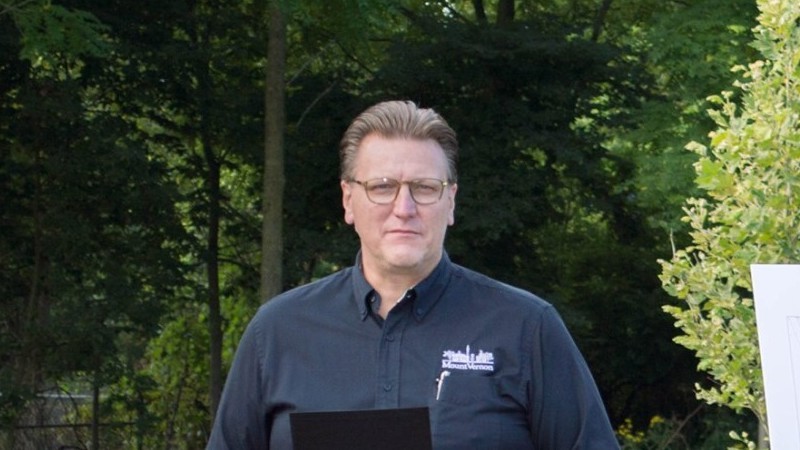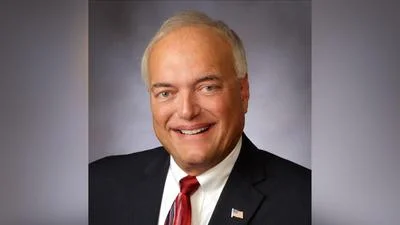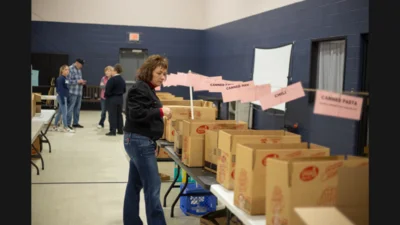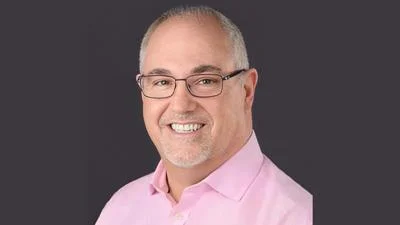MOUNT VERNON – In the Jan. 20 installment of his podcast "A Chat with Mayor Matt," Mount Vernon Mayor Matt Starr had some important discussions about the COVID-19 pandemic and how it has impacted his community's mental health.
Emily Morrison, community relations coordinator for the Mental Health and Recovery Board of Licking and Knox County (MHRLK), joined Starr to talk about how her agency's staff is handling mental health during the global health crisis.
Morrison explained that a combination of stress about personal safety during the pandemic, winter, unemployment, isolation and addiction are just a few of the factors contributing to a difficult season for mental health.
"We are really concerned about mental health right now," she said. "We have limited data, so it's kind of hard to quantitatively say how the state of our [community's] mental health is right now."
Morrison said calls to the crisis hotline have picked up, with an increase in calls from people as young as 13 or 14 years old. Mental health experts across the board's entire reach, including the New Directions domestic violence shelter, Behavioral Healthcare Partners and others have seen significant increase in program utilization; and they have been diligently working to keep their services available through telehealth connections to those who still need it.
Community awareness in identifying neighbors in need during a pandemic is important. The board offers a "Question, Persuade, Refer" class to community members to learn how to speak with loved ones experiencing suicidal episodes.
"We teach you how to recognize the warning signs," Morrison said. "What makes people at risk? We teach you what questions to ask. We teach you how to persuade that person to get help and follow through and want to have some of that hope. And then we teach you how to refer them on to the professionals, because it's not your job to fix people. You can't solve their problems. But what you can do is you can be a concerned community person that is able to get them into the avenues that they need."
Morrison encourages the public to stop stigmatizing mental health, including the common association of mental illness with violence.
"Stigma is a significant barrier," she said. "Another barrier is resources. That's where the board comes in. Our biggest mission is to purchase services for people who don't have a way to pay for them. We make sure that the indigent and those that are in the public care receive the mental health and addiction services they need. And that's a huge mission."
To learn more, visit MHRLK.org.







